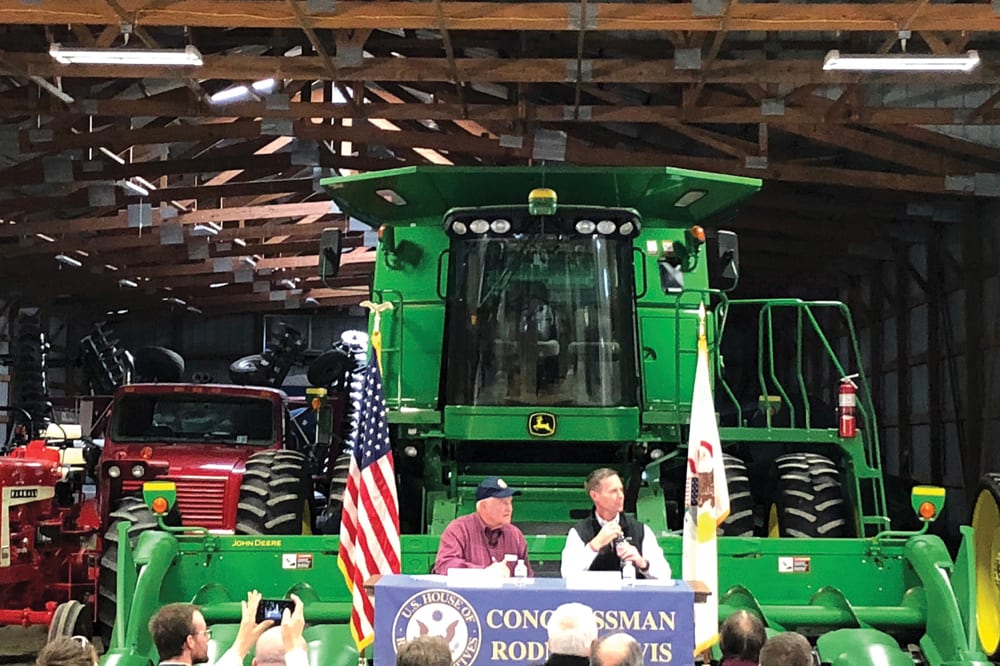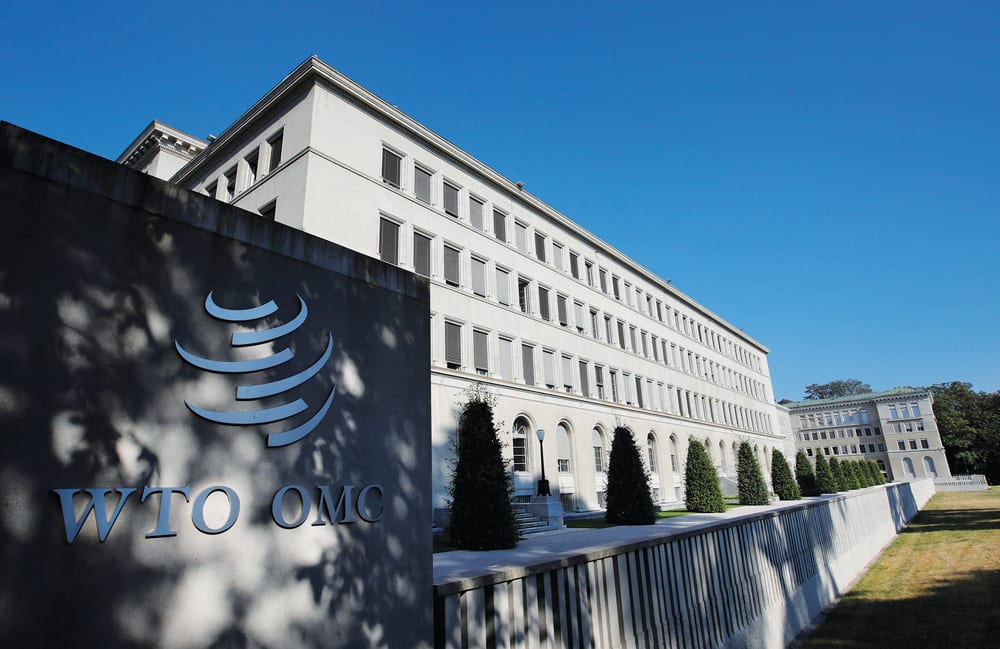Rapeseed in the EU’s major growing countries was mostly in reasonable shape, despite localized damage caused by dry sowing conditions and winter frosts.
This keeps the EU on course for a rebound from last year’s disappointing harvest.
Analysts Strategie Grains recently cut their forecast for EU 2017 rapeseed production by 500,000 tonnes to 21.56 million, citing damage in countries such as Poland.
However, recent cold spells were not thought to have had a major impact across the EU, maintaining the prospect of a bigger crop than the four-year low of 20 million tonnes in 2016.
Read Also

Is your canola starved for nutrients? Here’s how to tell
A boon of moisture this growing season has seen a number of nutrients flow further down into the soil profile,…
In France, rapeseed had generally coped with the cold.
“The onset of cold weather was progressive, which allowed plants to gain sturdiness, and the smaller rapeseed crops which we were concerned about in the autumn have withstood frost rather well,” Fabien Lagarde of oilseed institute Terres Inovia said.
“The rapeseed area that will be dug up after winter won’t be higher than normal.”
However, a sharp drop in area was already anticipated after the drought-hit sowing season, which could keep French rapeseed production close to last year’s below-average level.
The ministry’s current area estimate of about 1.4 million hectares is seven per cent below the 2016 level.
Dryness remained a concern in France, after very low rainfall in December and January.
Showers were forecast in France next week although precipitation was seen as more abundant in Germany and Poland.
In Germany, Hamburg-based oilseeds analysts Oil World tentatively projected the 2017 German crop at 5.1 million tonnes against 4.6 million in 2016.
Traders said winter damage should be limited, with potential risks more in dryness and insect damage.
“The rapeseed-planted area increased by 0.8 per cent and given normal spring and summer weather we should see a good crop recovery,” a German rapeseed trader said.
“But there is still lack of clarity about the long-term impact on yields of the neonicotinoid restrictions.”
Farmers have argued that EU restrictions on neonicotinoids, a class of pesticides blamed for harming bees, have left them without effective alternatives.
In Britain, the rapeseed area for this year’s harvest is thought to have fallen to a 13-year low, partly due to problems with cabbage stem flea beetles.
Polish production was seen recovering from the poor 2016 harvest, supported by a six to 12 per cent jump in area, but the extent of winterkill is still unknown, Wojtek Sabaranski of analysts Sparks Polska said.
“It is quite likely that we will face some winterkill of rapeseed, especially in central and northwest Poland,” Sabaranski said, adding nationwide losses would likely be lower than last year.
Poland will harvest 2.7 million to 2.8 million tonnes in 2017, up from an unusually low 2.2 million in 2016, Sparks Polska estimates.

















